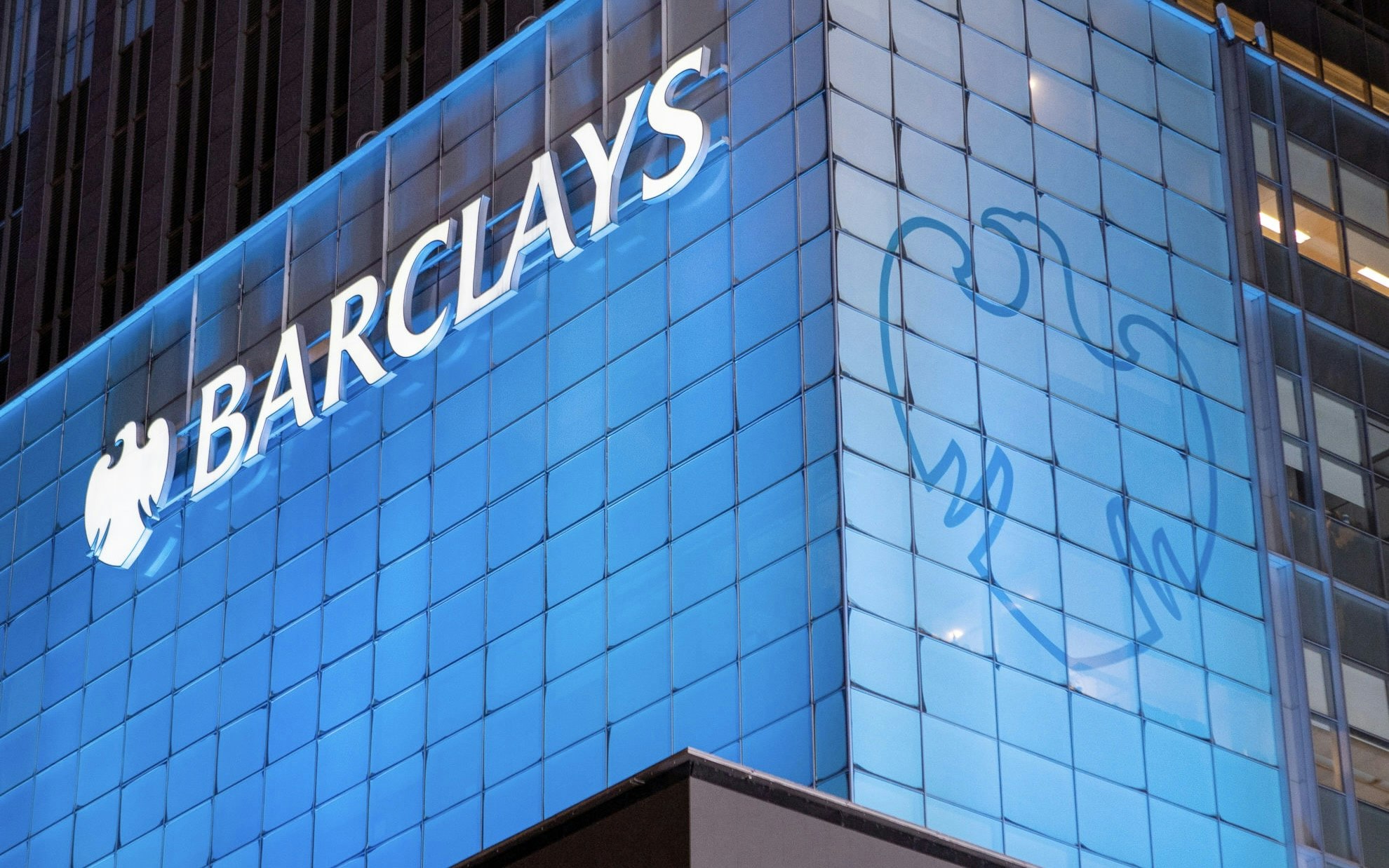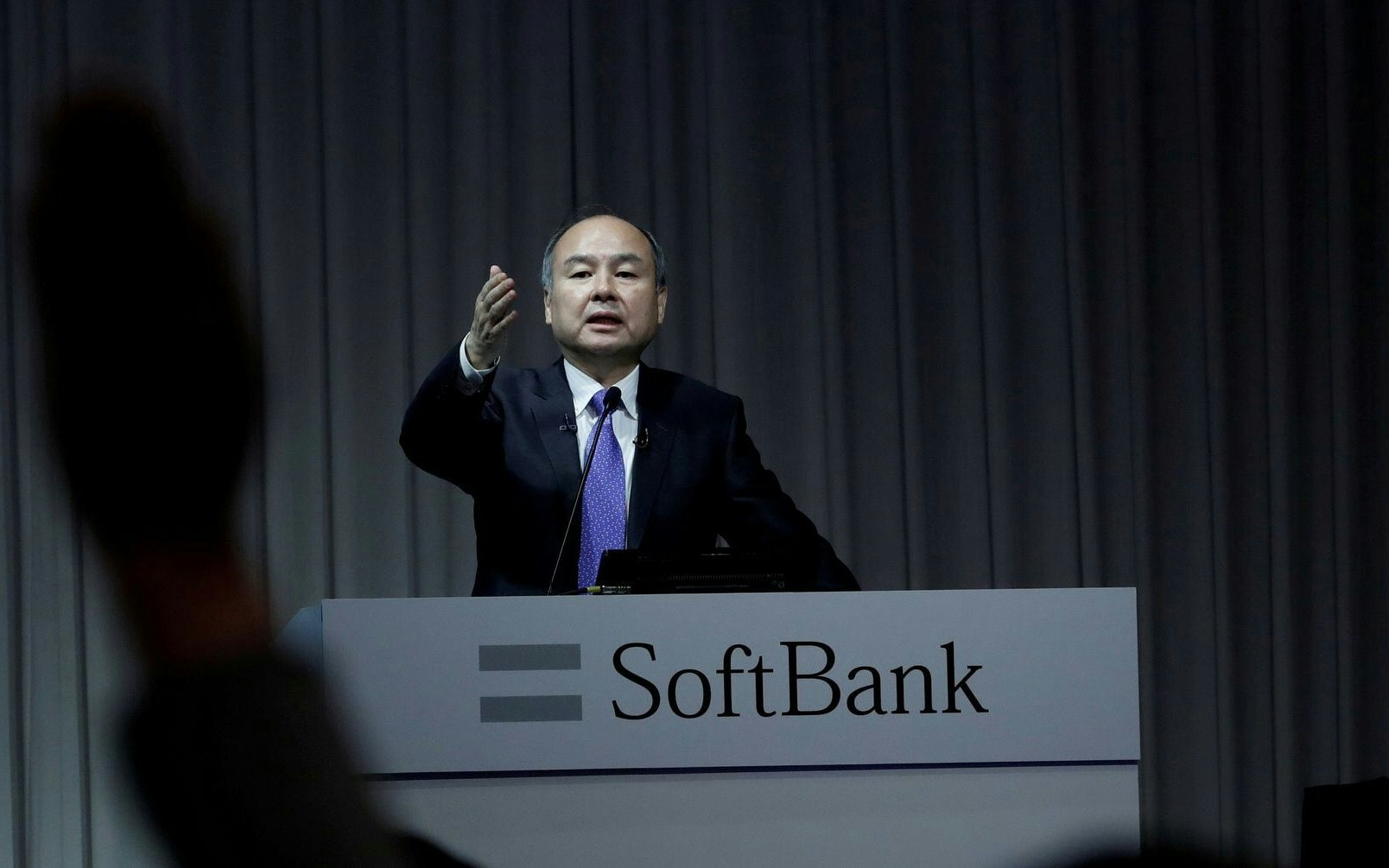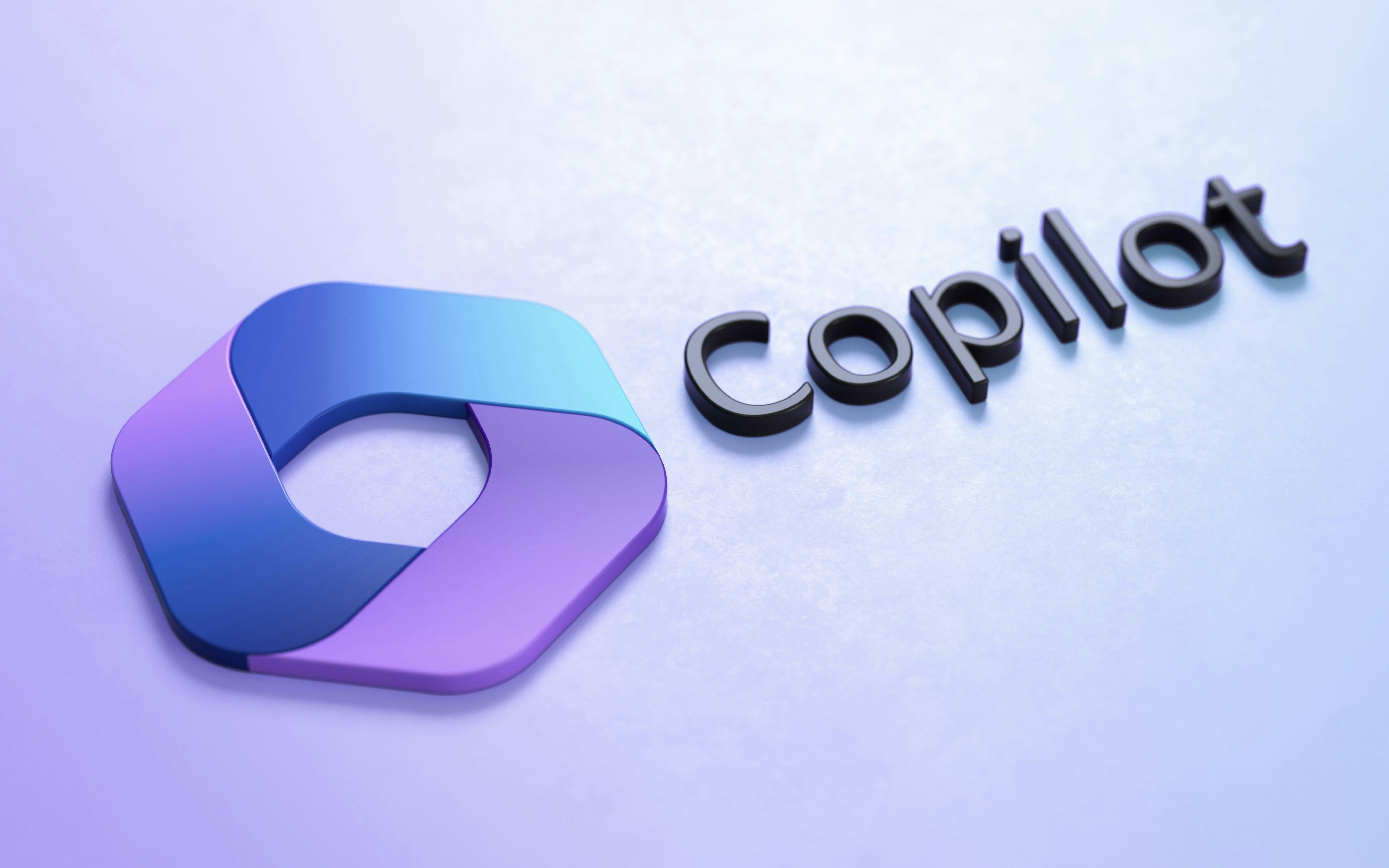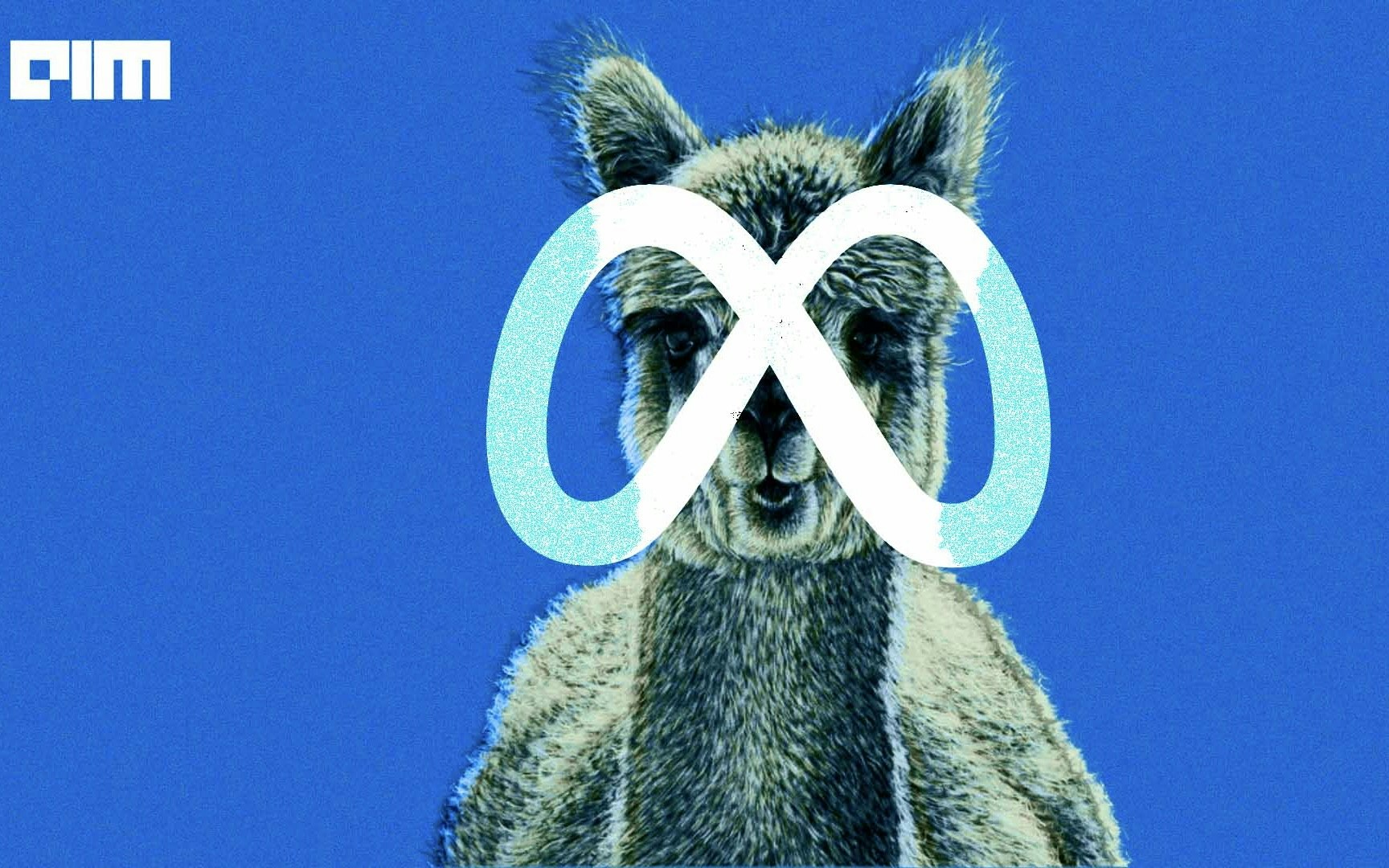Business
Google and Samsung Join Forces in the Competition for Smart Glasses and XR Headsets
Google and Samsung want to challenge Apple and Meta with a new XR platform and are focusing on AI-powered innovations.
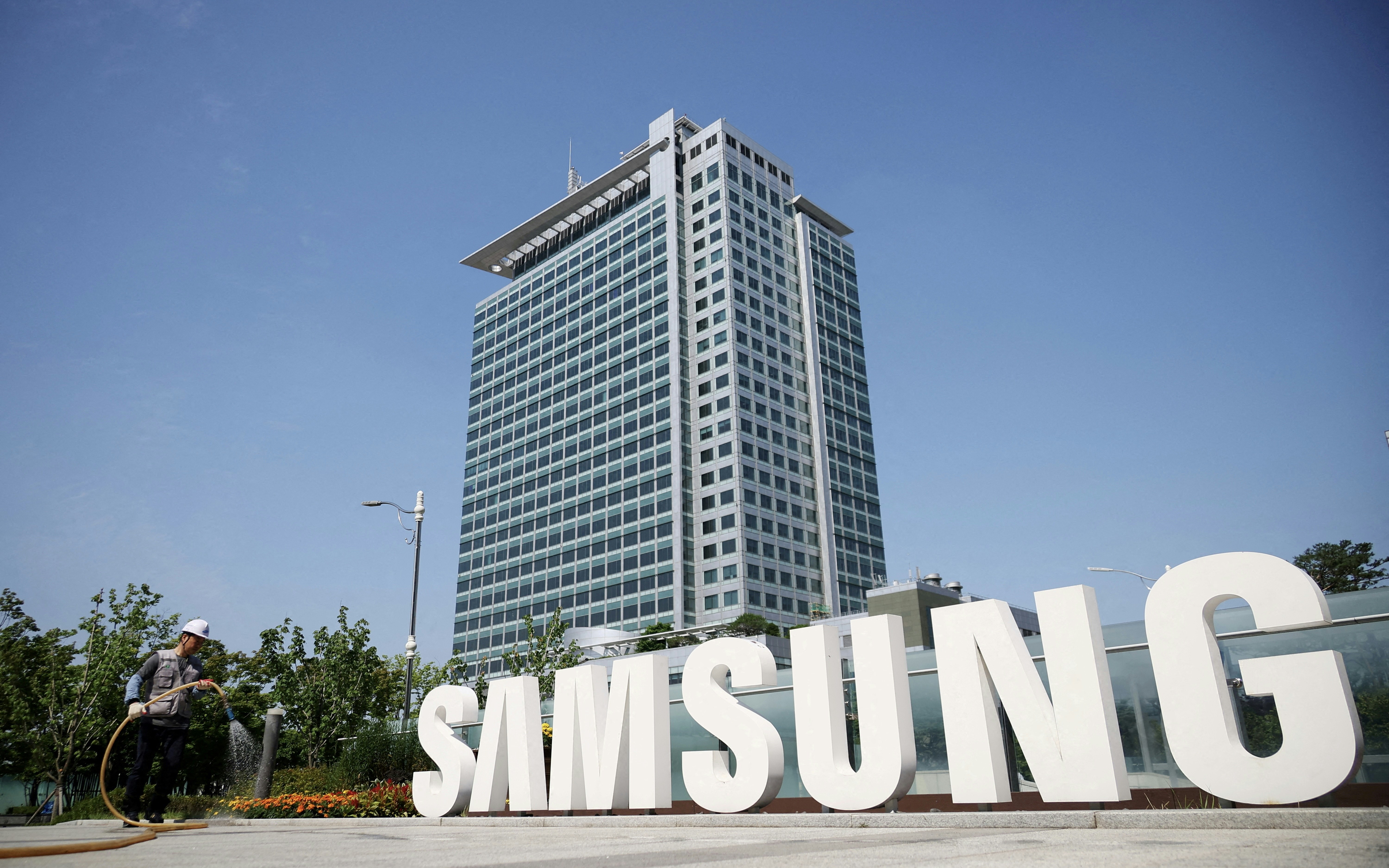
Google and Samsung are jointly developing a new platform for smart glasses and virtual reality headsets to challenge the technological lead of Meta and Apple. The collaboration, known under the code name "Project Moohan," marks Google's return to the extended reality (XR) market nearly a decade after the failure of Google Glass.
Samsung plans to launch the first device based on a new, specially adapted Android version for headsets and smart glasses next year. Google describes this development as "the next generation of computing." The goal is to score with a more affordable device than Apple's Vision Pro (price: $3,500) that still offers comparable high-resolution displays and an intuitive user experience.
The market for XR technologies is currently experiencing a renaissance. While Apple's Vision Pro has so far received a lukewarm consumer response despite technological innovations, Meta's Ray-Ban smart glasses, in collaboration with EssilorLuxottica, have proven to be a surprise success. These combine cameras with a virtual audio assistant in a lightweight frame.
Google wants to create a flexible platform with its new operating system “Android XR” that can be used for both smart glasses and VR and AR headsets.
Google makes a new attempt with “Android XR” after previous efforts like Google Glass and smartphone-based VR systems Cardboard and Daydream were discontinued due to technical weaknesses and lack of market acceptance. The use of Artificial Intelligence (AI), including the new Gemini platform, is expected to help overcome previous challenges like short battery life and privacy concerns this time.
An example of progress is Google's updated "Project Astra," which uses smartphone and smart glasses cameras to recognize and analyze information from the surroundings. The system uses AI to answer questions and understand contexts in real time.
The cooperation with Samsung is reminiscent of the successful partnership between the two companies in the field of Android smartphones 15 years ago, which was considered the first serious competitor to Apple's iPhone. Now, this alliance is also set to score points in the XR sector against the established competition.



